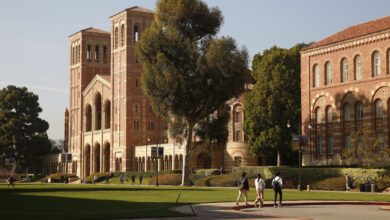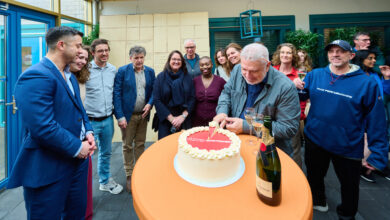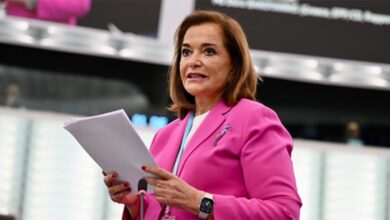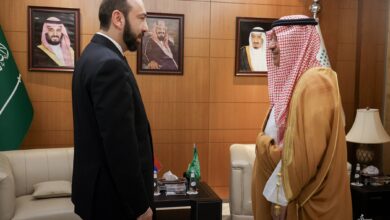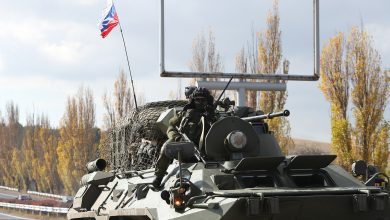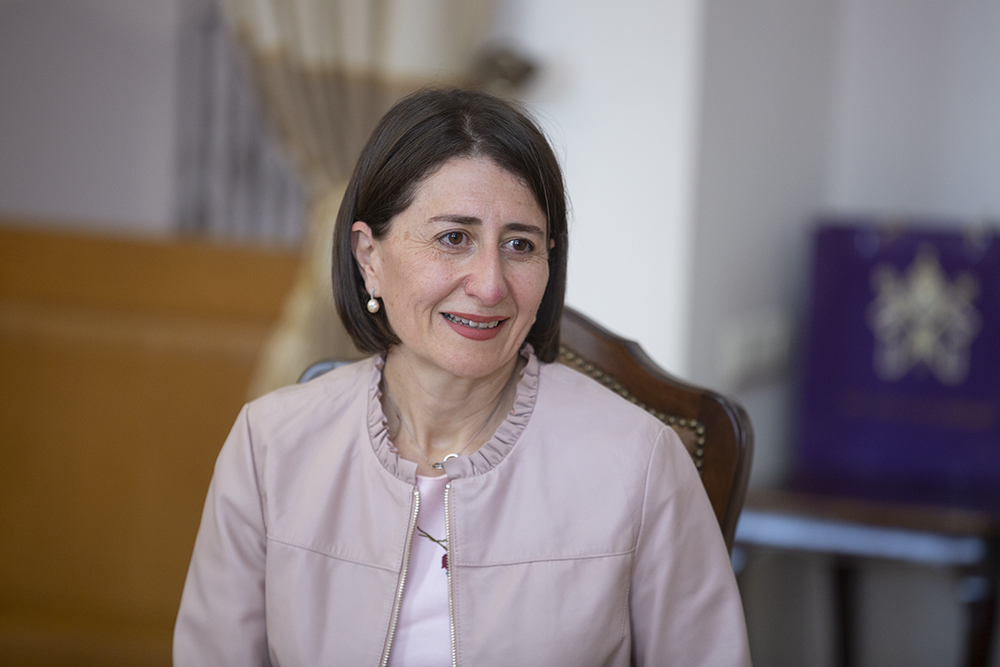
Gladys Berejiklian, Premier of Australia’s largest State of New South Wales, hails from a family who fled a genocide where more than 40 of her relatives died, before her parents sought a better life in Australia, The Daily Mail writes.
As Premier Berejiklian is succeeding (so far) in staving off a second coronavirus wave, author Daniel Piotrowski introduces voters to the NSW leader’s personal backstory.
Berejiklian rarely speaks about herself, but insights into the Premier’s personal life emerged in a 2018 speech where she was instructed to talk about herself, and in a lengthy newspaper interview prior to the last state election.
As the Ottoman Empire massacred its Armenian subjects during World War I, Berejiklian’s grandparents fled to the Middle East.
“More than 40 of my relatives were among the 1.5 million Armenians massacred in what became the first genocide of the 20th century,” Berejiklian said in a landmark address to The Sydney Institute.
All four of her grandparents were orphaned and witnessed untold atrocities. Her mother, Arsha, was born in Jerusalem, Israel, and her father, Krikor, in Aleppo, Syria – a city now known for a more recent humanitarian crisis.
Berejiklian’s mother and father migrated, separately, to Sydney in the late 1960s, met and later married at an Armenian Orthodox church in Chatswood, in the city’s north.
They worked as a nurse and a boiler-maker/welder – her father working on the Opera House during its construction – and settled in suburban North Ryde.
Gladys, the oldest of three sisters Rita and Mary, was born on September 22, 1970.
She spoke Armenian at home, attended public schools, was her high school captain. She went on to study at university and became the president of the state’s Young Liberals.
In 1996, she wrote a letter to newly elected Prime Minister John Howard, demanding a meeting – and was shocked when he said ‘yes, sure.’
She then worked as an executive for the Commonwealth Bank and was elected to the NSW Lower House for the seat of Willoughby in 2003, before becoming transport minister in the O’Farrell and Baird governments.


